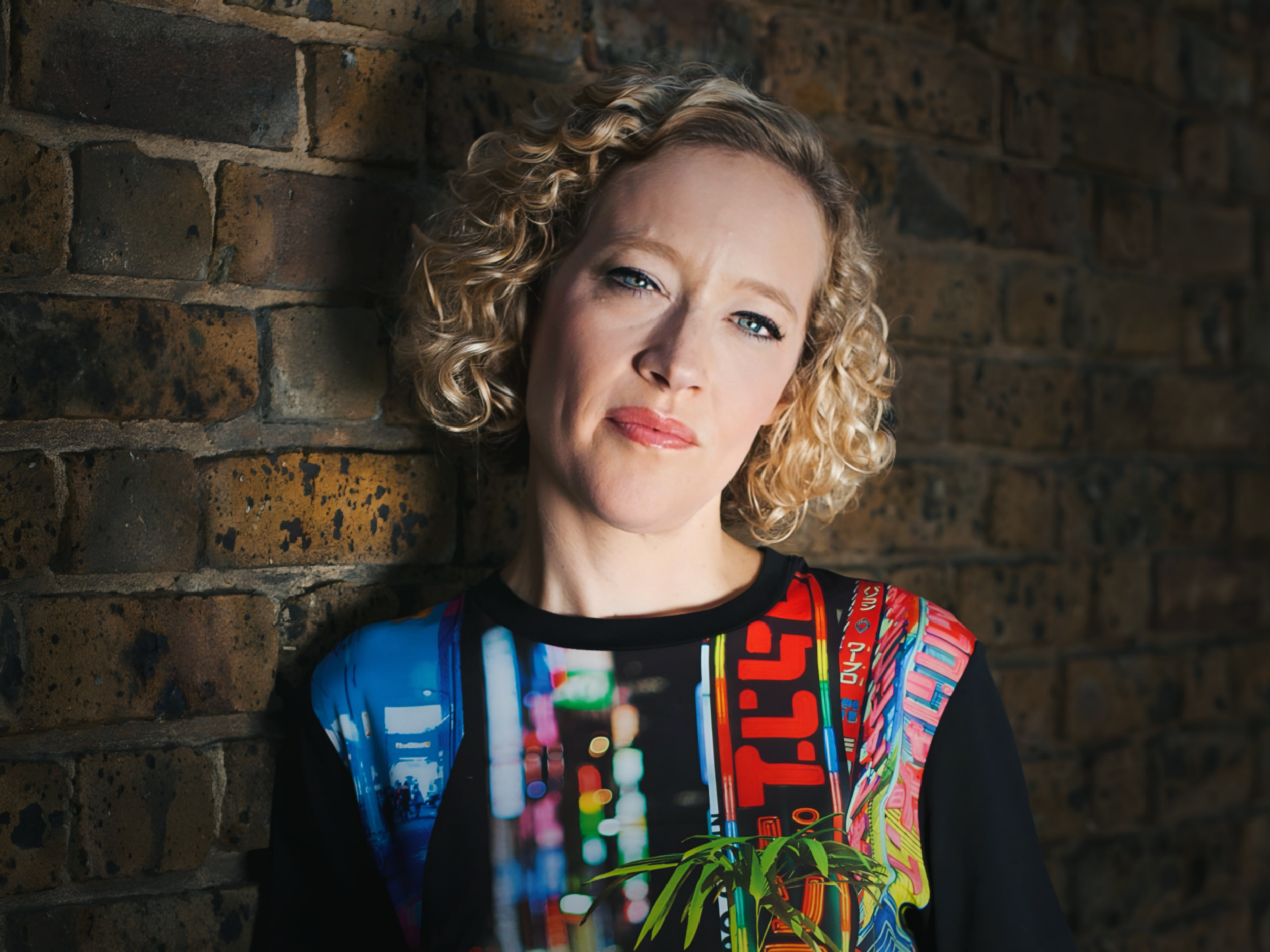Fiji: More than 80% of Women Journalists Sexually Harassed at Workplace
Women Press Freedom deeply troubled by findings of sexual harassment study; calls on authorities and media owners to take immediate action
Location: FijiDate: March 26, 2024Women Press Freedom is gravely concerned about the findings of a recent study published in Journalism Practice, revealing alarming levels of sexual harassment experienced by Fijian women journalists. The comprehensive research underscores the issue's rootedness in power dynamics and the urgent necessity for effective redressal mechanisms. The implications of such harassment extend beyond individual well-being, affecting journalistic integrity, freedom, and the broader societal understanding of current affairs. The study highlights how these experiences can lead to self-censorship, avoidance of specific topics, or even compel journalists to leave the profession entirely, impacting journalism's quality and credibility. Women Press Freedom calls upon authorities in Fiji and media owners to take immediate and decisive actions. It is imperative to address and combat sexual harassment in the industry vigorously. Such efforts are not only essential for protecting women journalists and ensuring their safety but are also crucial for upholding the principles of free speech, unbiased reporting, and maintaining high standards of quality journalism.
Read latest reports from the globe
A recent study published in Journalism Practice — conducted by Professor Folker Hanusch, Birte Leonhardt, Shailendra Singh, and Geraldine Panapasa from the University of Vienna and the University of the South Pacific, respectively — found that over 80% of women journalists in Fiji have been sexually harassed at their workplace. The study exposes power dynamics as its root cause and stresses the urgent need to ensure redressal to those impacted by its prevalence.
Researchers spoke with at least 40 women — 23 of which gave in-depth interviews — and focused on probing their experiences, delving into the various kinds of sexual harassment instances they have encountered at their workplace. It examined how their experiences affected their ability to perform their job while also exploring factors such as organizational culture, power dynamics, and the wider socio-cultural context that contributes to the prevalence of such cases in the field in the country.
“Experiences of sexual harassment were staggeringly common among our respondents. More than eight in ten (83.3%) said they had been sexually harassed at their workplace, with 59.5% saying it had occurred more than once. Only 16.7% said they had never experienced sexual harassment,” the study reads.
The study finds that verbal harassment was the most common form among the categories, while women who had experienced any of the five forms also said they had experienced “unwelcome comments.”
“Gestural sexual harassment was also common, and, particularly concerning, four in ten respondents said they had experienced physical sexual harassment,” it continues.
As quoted in Asia Pacific Report, one of the study respondents told researchers: “I had accepted it as the norm… lighthearted moments to share laughter given the Fijian style of joking and spoiling each other. At times, it does get physical. They would not do it jokingly. I would get hugs from the back, and when I resisted, he told me to ‘just relax, it’s just a hug’.”
“I would get hugs from the back, and when I resisted, he told me to ‘just relax, it’s just a hug’”
Another woman spoke about being sent to interview a senior government official who asked her intrusive, personal, and inappropriate questions.
“I was taken into his office where the blinds were down and where I sat through an hour of questions about who I was sleeping with, whether I had a boyfriend . . . and it followed with a proposal of a long-term sexual relationship,” she was quoted as saying.
The study maintains that such instances hindered women journalists’ ability to perform at their jobs. They may decide to self-censor their reporting due to fear of retaliation, avoid covering specific topics, or, worst of all, quit the profession. It further mentions that “the negative impacts that our respondents experienced clearly have wider repercussions on the ways in which wider society is informed about news and current affairs.”
Considering the findings of the study, Women Press Freedom urges authorities in Fiji to ensure concerted efforts to fight sexual harassment in the industry, as it also directly weakens free speech principles and unbiased reporting. We believe that the failure to provide redressal for this problem not only endangers women’s security at their workplace but also obstructs the credibility and quality of their journalism. It is crucial for stakeholders within the journalism community, including media owners, organizations, civil society, and policymakers, to take swift and effective action to create an equitable and safe working environment for women journalists; thus, safeguarding press freedom and maintaining the standards of quality journalism.
Women Press Freedom is an initiative by The Coalition For Women In Journalism
The Coalition For Women In Journalism is a global organization of support for women journalists. The CFWIJ pioneered mentorship for mid-career women journalists across several countries around the world and is the first organization to focus on the status of free press for women journalists. We thoroughly document cases of any form of abuse against women in any part of the globe. Our system of individuals and organizations brings together the experience and mentorship necessary to help female career journalists navigate the industry. Our goal is to help develop a strong mechanism where women journalists can work safely and thrive.
If you have been harassed or abused in any way, and please report the incident by using the following form.







